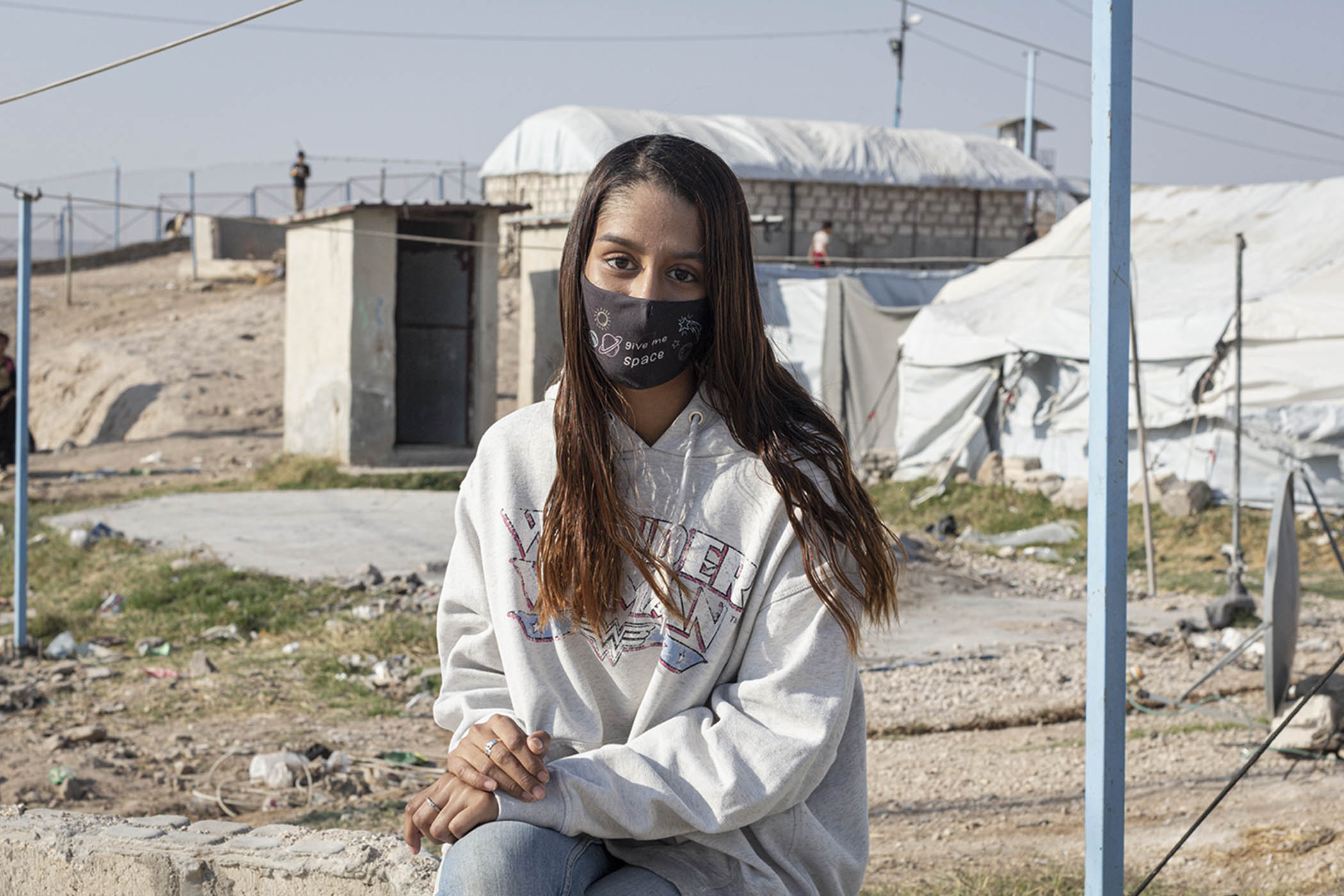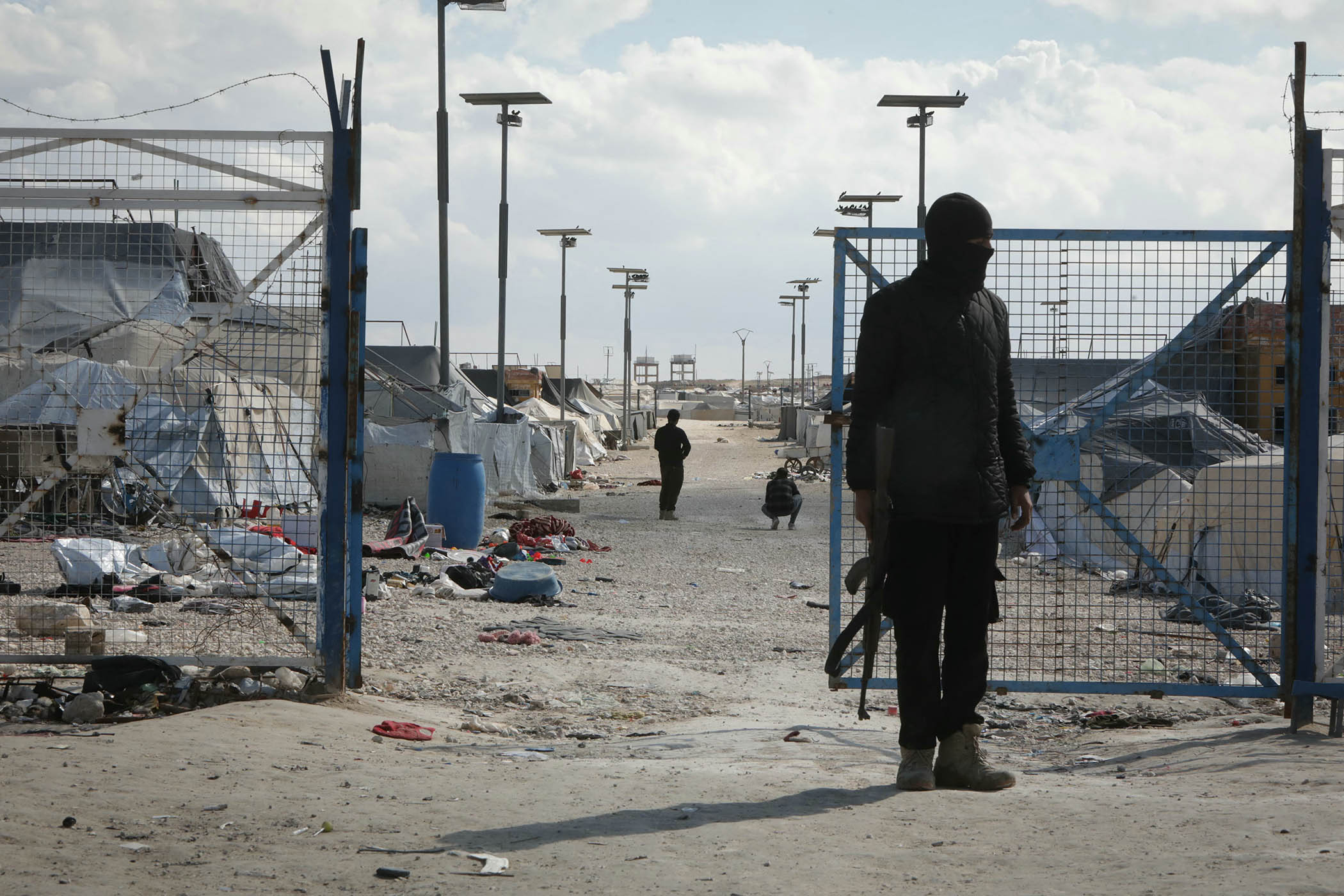It is nearly six years since the chair of the press regulator IPSO said – after five years in the role – that he thought Muslims were on occasion written about in the newspapers in ways Jews or Catholics would not be.
I’ll share an example here of someone for whom I think it’s worth asking the question: would she have been perceived exactly the same way if she had had a different name – had not been Muslim?
This story goes back to 2015 and three school friends leaving their homes in London, travelling through Turkey to join Islamic State – a proscribed terror group – in Syria. It was soon after the murders of hostages, including journalists James Foley and Steven Sotloff, aid workers Peter Kassig and David Haines, and Alan Henning, a Salford taxi driver who was on his fourth trip delivering supplies to Syria when he was abducted by IS.
Shamima Begum, one of the three, was 15 at the time. Four years later, the Times found and interviewed her in a camp in Syria. She was nine months pregnant, about to give birth to a third child, her older two having died as babies, through illness and malnutrition.
The callousness of her words in that interview – including her saying she had been unmoved by the sight of a captured fighter’s severed head in a bin – prompted widespread revulsion. Amid the scramble to get the first TV interview, both Sky and the BBC reached her. One broadcaster said their correspondent had “tracked down the IS bride in a hospital just hours after she gave birth”. The other recorded their interview when her son was three days old, the distinctive cry of a newborn audible off camera as she spoke.
When I watched these interviews I saw something that appeared to go entirely unnoticed in editorial decision-making – or was regarded as unimportant.
I saw a teenage mother, only just postpartum. I thought of my own experience, giving birth in NHS hospitals, to three healthy babies, with family members helping out. I know I was in no fit state to give any interview in the weeks, let alone the hours or days, after those births. And certainly not an interview of consequence to the rest of my life, conducted without advice, representation – or even access to information. The teenager said it herself in one interview: “I don't have my phone, I can't go on the internet, I don't know what's going on around me right now.”
I found these interviews very hard to reconcile with a sense of duty of care – assessing whether an interviewee is in a position to give informed consent, or in a place where they can speak freely. Shamima Begum was still living among IS women. Her third baby – the newborn who can be heard whimpering on tape – died within a few weeks of his birth.
I saw a teenage mother, only just postpartum – and I found these interviews very hard to reconcile with a sense of duty of care
I saw a teenage mother, only just postpartum – and I found these interviews very hard to reconcile with a sense of duty of care
In late 2015, a few months after she and her friends had gone to Syria, I was given an official briefing on the kind of online material used by IS to entice girls to join them. It was both clever and visually attractive: playing on escaping from the constraints of home, from strict parents, from prejudice and class inequality, replete with imagery, patterns and emojis likely to appeal to a teenage girl.
Little of this ever emerged publicly. Questions about grooming or entrapment have rarely gained currency. Little attention has been paid to what was reported later: that the man who took the three London girls into Syria was working as a source for Canadian intelligence at the time he was smuggling minors.
Newsletters
Choose the newsletters you want to receive
View more
For information about how The Observer protects your data, read our Privacy Policy
I accept that I may be more alive to aspects of this story because of what I share with Shamima in terms of our identity. But pointing out what others may not see has often been a source of societal change and a challenge to group think. And, while I have never been in contact with Shamima Begum, I have thought about her often over the years, and we still don’t know how her story ends; 10 years on, she remains in Syria, stripped of her British citizenship and with little hope of securing another passport.
This is an edited extract of Mishal Husain’s Romanes Lecture, Empire, Identity and the Search for Reason, delivered at the University of Oxford. The first of her new Bloomberg Weekend global interview podcast, the Mishal Husain Show, is on Friday
Photograph by Sam Tarling/Getty Images



